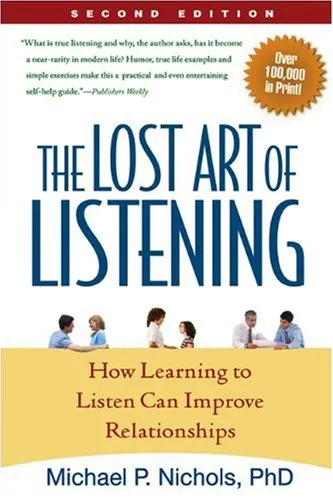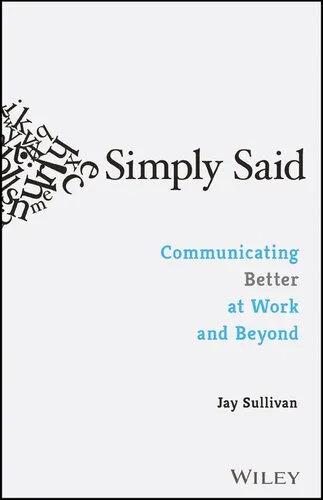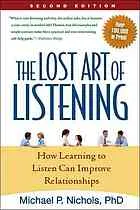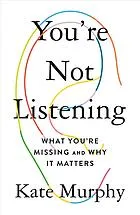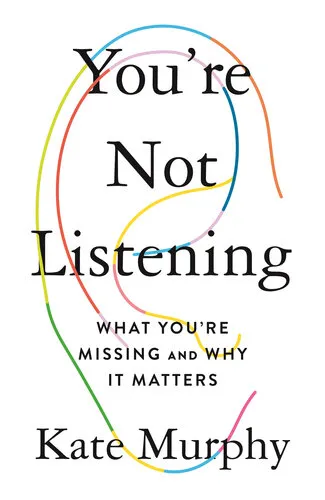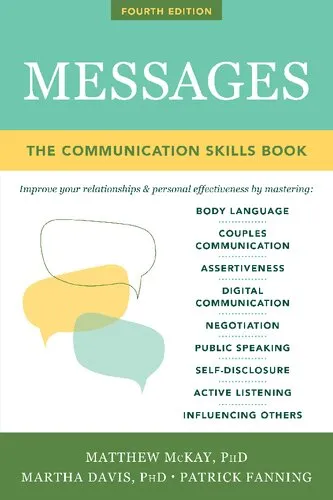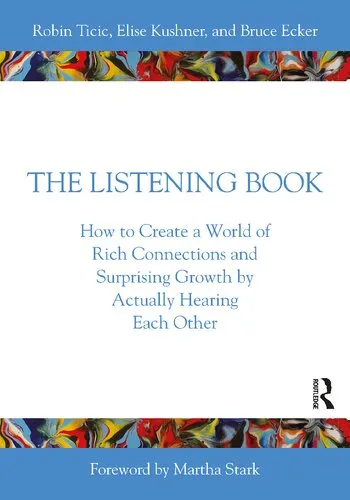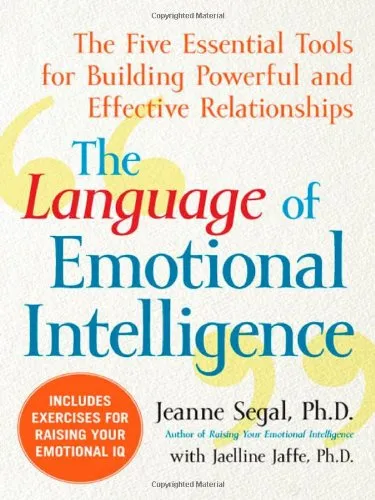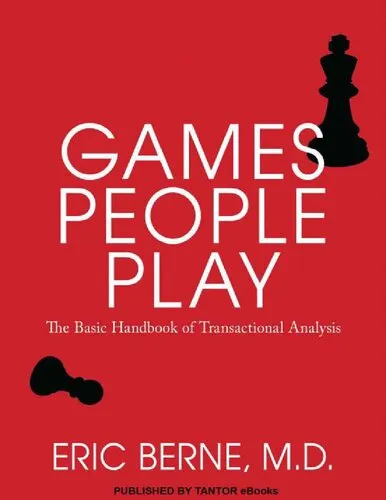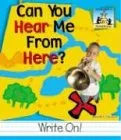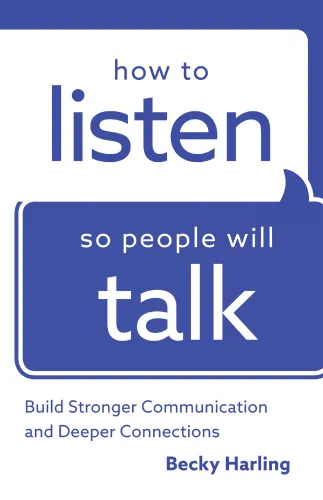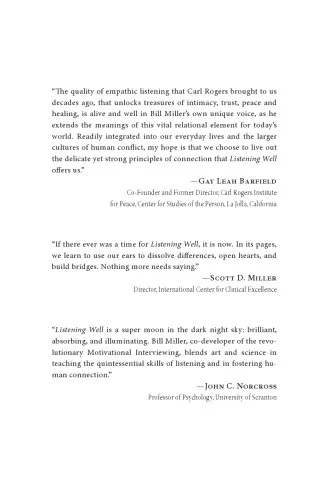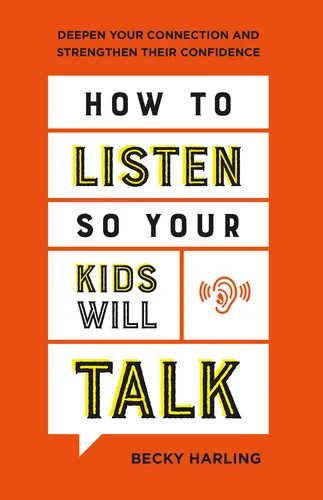The Lost Art of Listening, Second Edition: How Learning to Listen Can Improve Relationships (The Guilford Family Therapy)
4.6
Reviews from our users

You Can Ask your questions from this book's AI after Login
Each download or ask from book AI costs 2 points. To earn more free points, please visit the Points Guide Page and complete some valuable actions.Related Refrences:
Introduction to "The Lost Art of Listening, Second Edition: How Learning to Listen Can Improve Relationships"
Listening is more than a communication skill; it is a fundamental component of building and nurturing relationships. In "The Lost Art of Listening, Second Edition," Michael P. Nichols presents an in-depth exploration into how genuine listening can transform our interpersonal connections, leading to more meaningful and fulfilling relationships.
Detailed Summary
At the heart of "The Lost Art of Listening" is the idea that real listening is a rare and essential component in our fast-paced, often self-centered world. This book delves into the psychological intricacies of listening and offers a thoughtful examination of why it is such a difficult skill to master. Michael P. Nichols elucidates the barriers that impede effective listening, such as emotional reactions, distraction, and preconceived judgments.
The second edition builds upon the original text with updated research and insights, addressing new challenges posed by modern technology and social changes. Nichols provides practical strategies and exercises designed to enhance the reader's ability to listen with empathy and intention. By learning to listen actively, individuals can foster more profound connections characterized by mutual respect and understanding.
Key Takeaways
- Communication is not just about talking; listening is equally vital for effective interaction.
- Barriers to listening are often unconscious but can be overcome through practice and awareness.
- Empathy and non-judgment are critical components of listening that strengthen relationships.
- Listening improves personal and professional interactions by fostering trust and collaboration.
- Practical exercises can enhance listening skills, making them accessible tools for everyone.
Famous Quotes from the Book
"To listen effectively, we must suspend our own needs and reactions to give full attention to another."
"True listening requires a setting aside of oneself and, much more difficultly, self-control."
"When we listen, we offer our presence, not intrusion."
Why This Book Matters
"The Lost Art of Listening" is a crucial read because it addresses a universal deficiency in our communication practices. In a world where the noise of competing voices often drowns out meaningful dialogue, Nichols' work teaches us the value of silence and attention. By honing our listening skills, we do more than improve our conversations; we enhance the quality of our relationships and our lives.
For therapists, educators, managers, and anyone seeking to improve their relational abilities, this book offers not just insights but actionable steps toward becoming a better listener. It's a guide toward becoming more present and engaged in the lives of others, ultimately fostering a more connected and compassionate world.
Free Direct Download
You Can Download this book after Login
Accessing books through legal platforms and public libraries not only supports the rights of authors and publishers but also contributes to the sustainability of reading culture. Before downloading, please take a moment to consider these options.
Find this book on other platforms:
WorldCat helps you find books in libraries worldwide.
See ratings, reviews, and discussions on Goodreads.
Find and buy rare or used books on AbeBooks.
1317
بازدید4.6
امتیاز0
نظر98%
رضایتReviews:
4.6
Based on 0 users review
Questions & Answers
Ask questions about this book or help others by answering
No questions yet. Be the first to ask!
